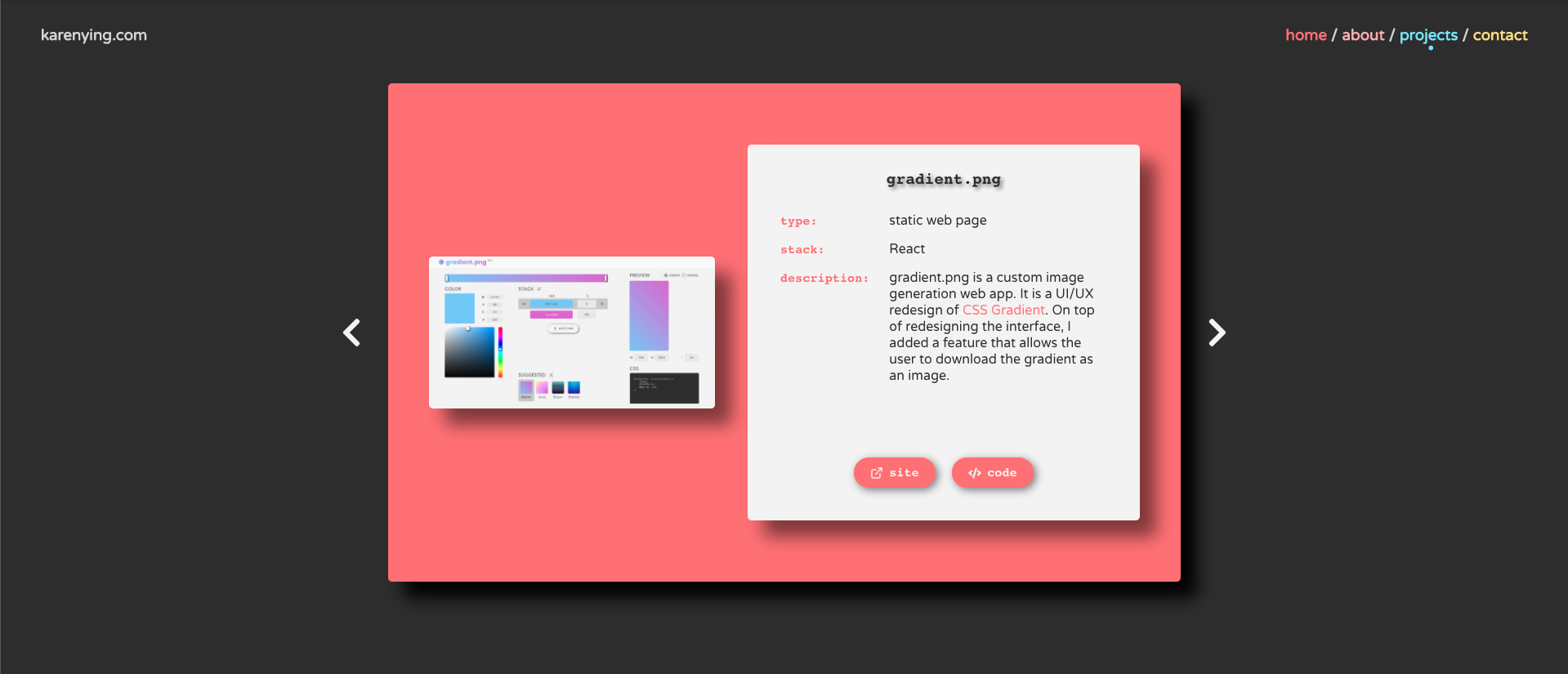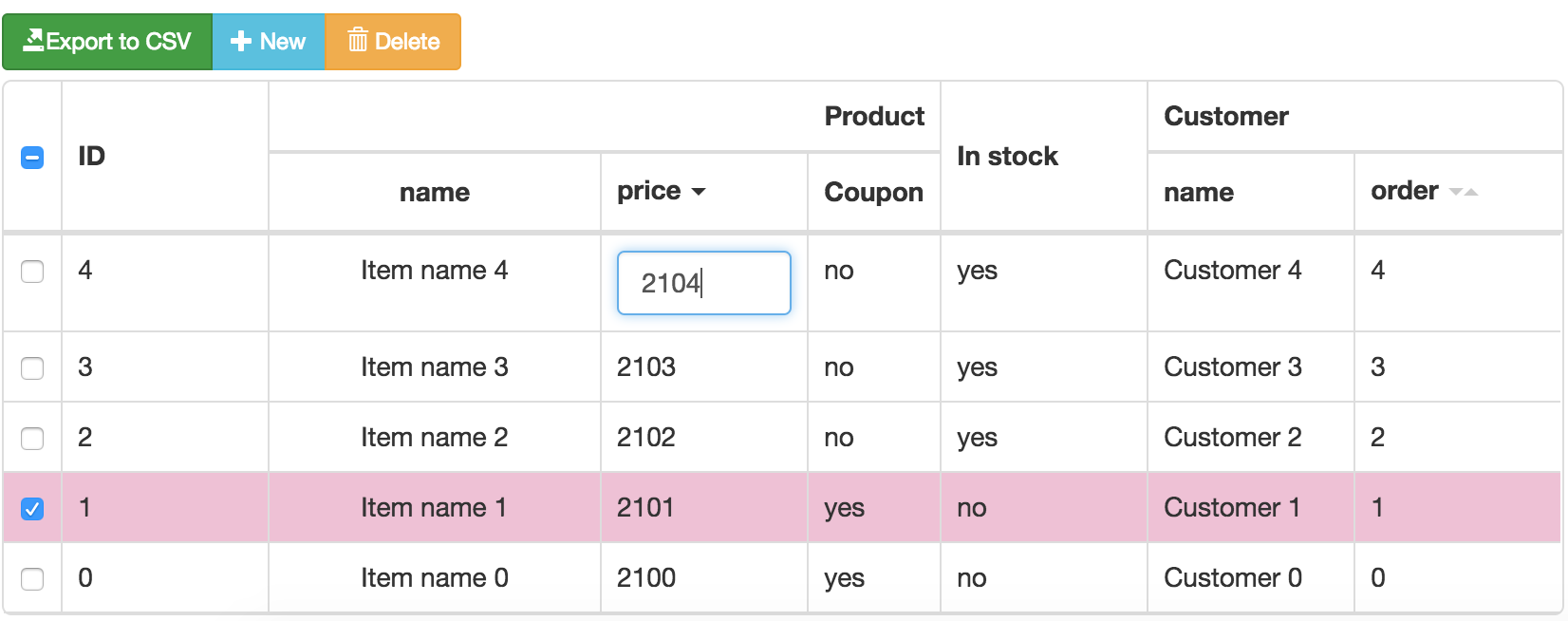
The green dots on the bottom represent the mounted slides, the black ones are unmounted, and the red one is the current active slide. I've coded up a simple visualization to show which Slides are mounted and which are not, additionally it highlights our current index. FlatList does this by default to improve perceived performance when we're scrolling through the list fast, but in our case it has negative effects on performance. This is because it's rendering a whole bunch of slides in advance and it also keeps previous slides in memory. Now, what we've built so far is already kinda cool, and it might even be enough for your use case, but there's some hidden performance problems with our implementation that could slow down or even crash your app. The solution has something to do with this: Schmitt trigger This can lead to lots of re-renders so it's better to avoid it.


Here's what happens when we don't implement this logic - when we're in the middle of two slides, the slightest movement triggers the index change. This logic prevents the slider to trigger a bunch of setIndex calls when we drag the carousel right in the middle of two slides. Then there's the logic behind the isNoMansLand variable. If it were vertical, we would have to use height and y offset. Note that we used layoutMeasurement.width and contentOffset.x to calculate the current index since the carousel is horizontal. This in turn means that every time the index changes, the onScroll function changes too, and as it gets passed as a prop to FlatList, it means the list will re-render. The problem is - if we use the index variable inside onScroll to check whether the calculated index is different from the current index, then we have to put index in the dependency array of useCallback.
REACT IMAGE CAROUSEL UPDATE
We want to update our index whenever the calculated index changes. The onScroll callback does some calculations with the layoutMeasurement and contentOffset values in order to calculate the current index according to the distance we scrolled. So why are we doing this? The answer is in the next line. Then we define indexRef - a ref value that is kept in sync with the index variable - when the index changes, so does the value of indexRef.current. Import 'bootstrap/dist/css/' Ĭlass BootstrapCarouselComponent extends React.Enter fullscreen mode Exit fullscreen modeįirst we define index with useState - this is going to represent the index of the active slide in the carousel.
REACT IMAGE CAROUSEL INSTALL
In this step, execute the following command to install react boostrap library into your react app: npm install react-bootstrap bootstrapĪdd file in src/App.js file: To run the React app, execute the following command on your terminal: npm startĬheck out your React app on this URL: localhost:3000 Step 2 – Install React Bootstrap In this step, open your terminal and execute the following command on your terminal to create a new react app: npx create-react-app my-react-app

REACT IMAGE CAROUSEL HOW TO
How to use Bootstrap Carousel Slider in React So this tutorial will provide you step by step guide, by following which you can integrate and implement Bootstrap Carousel Slider in your react js app. If you want to integrate a carousel slider in your react app. You must have seen on many websites and apps.

React bootstrap carousel slider example In this tutorial, you will learn how to implement bootstrap carousel slider in react js apps.


 0 kommentar(er)
0 kommentar(er)
